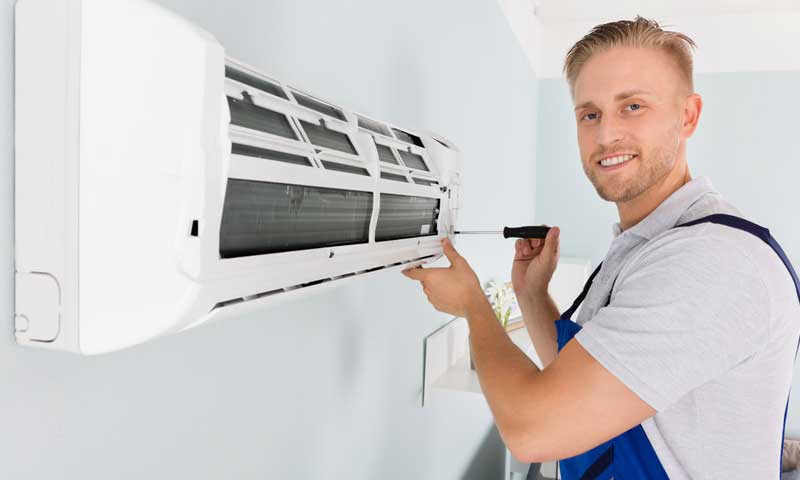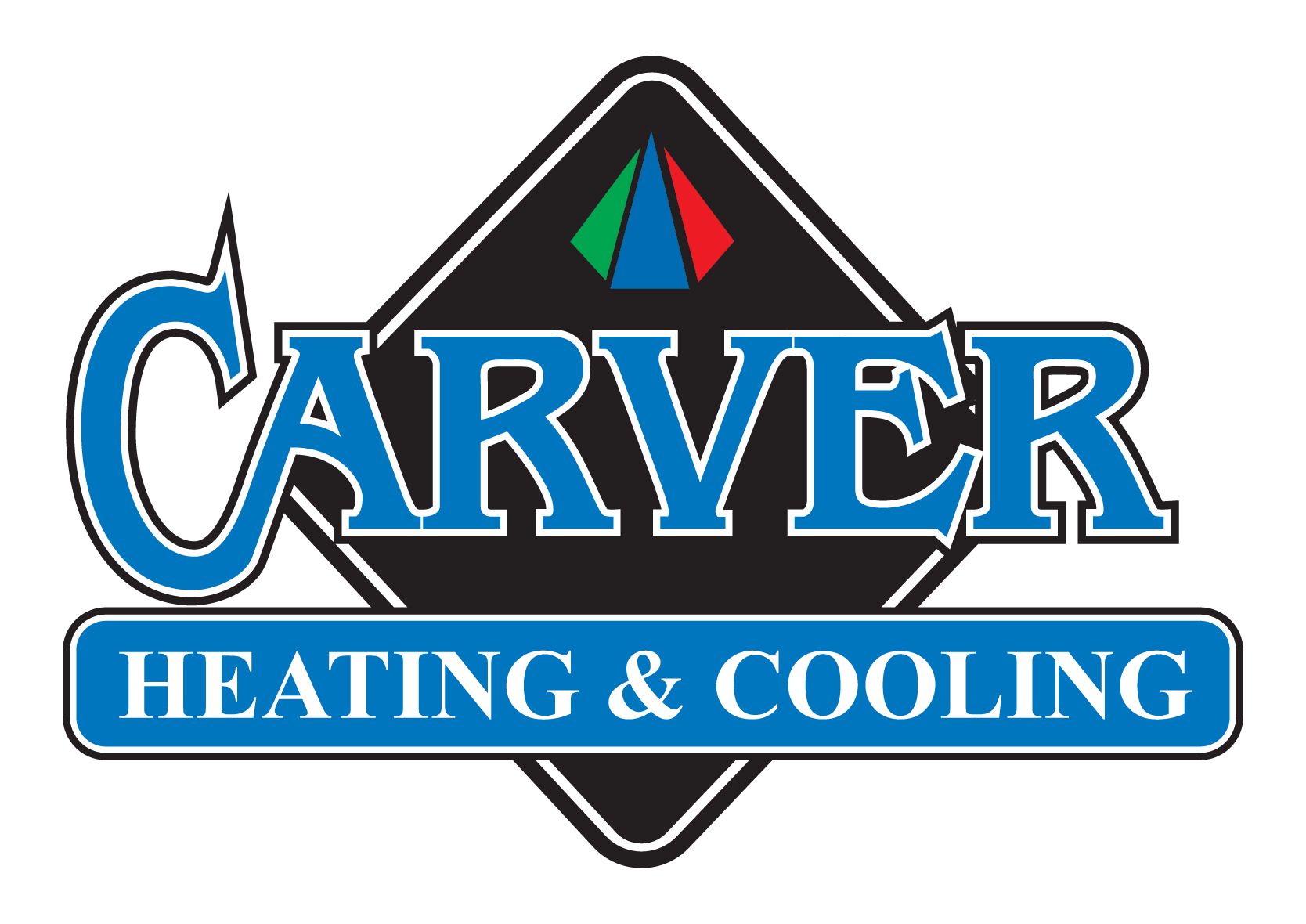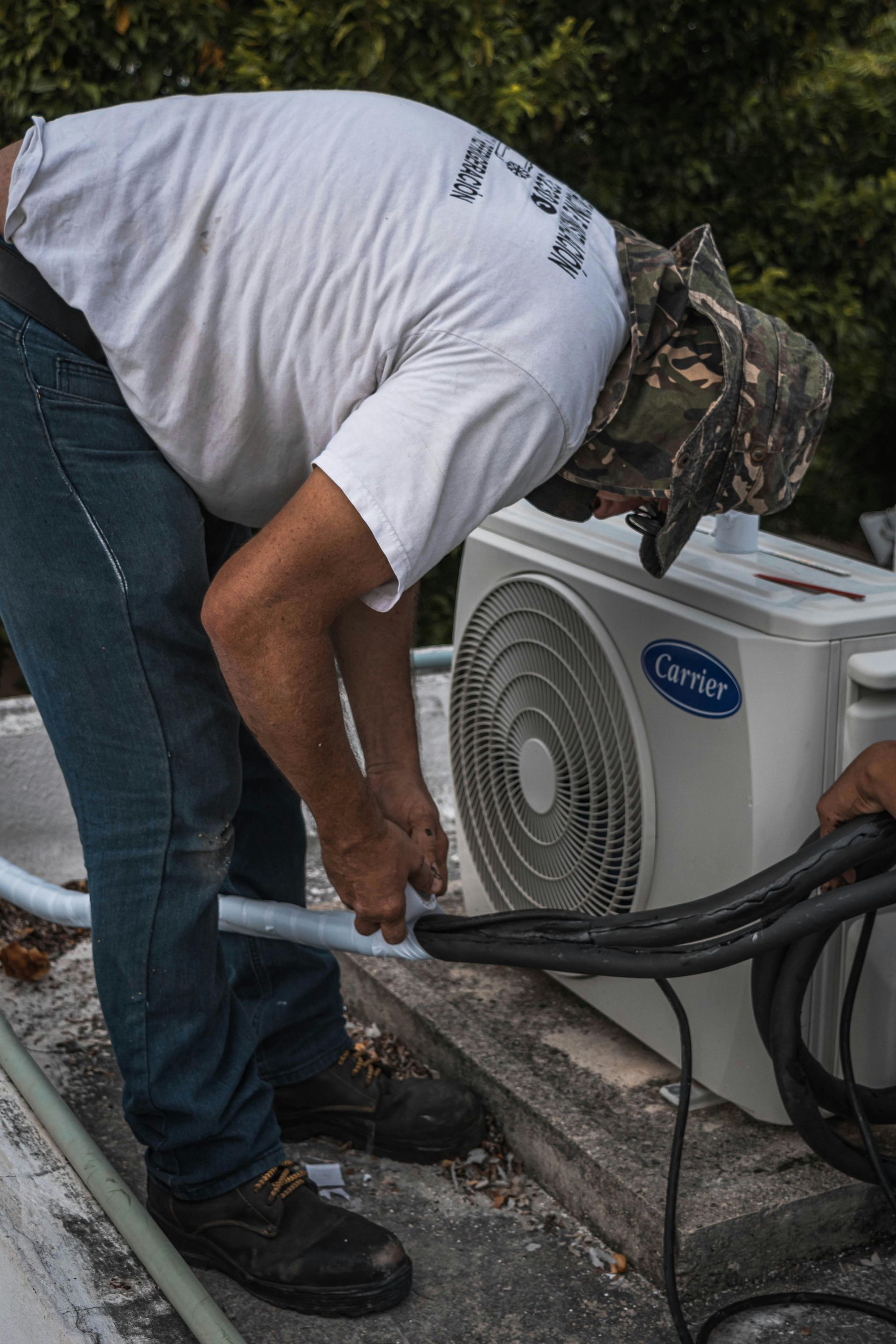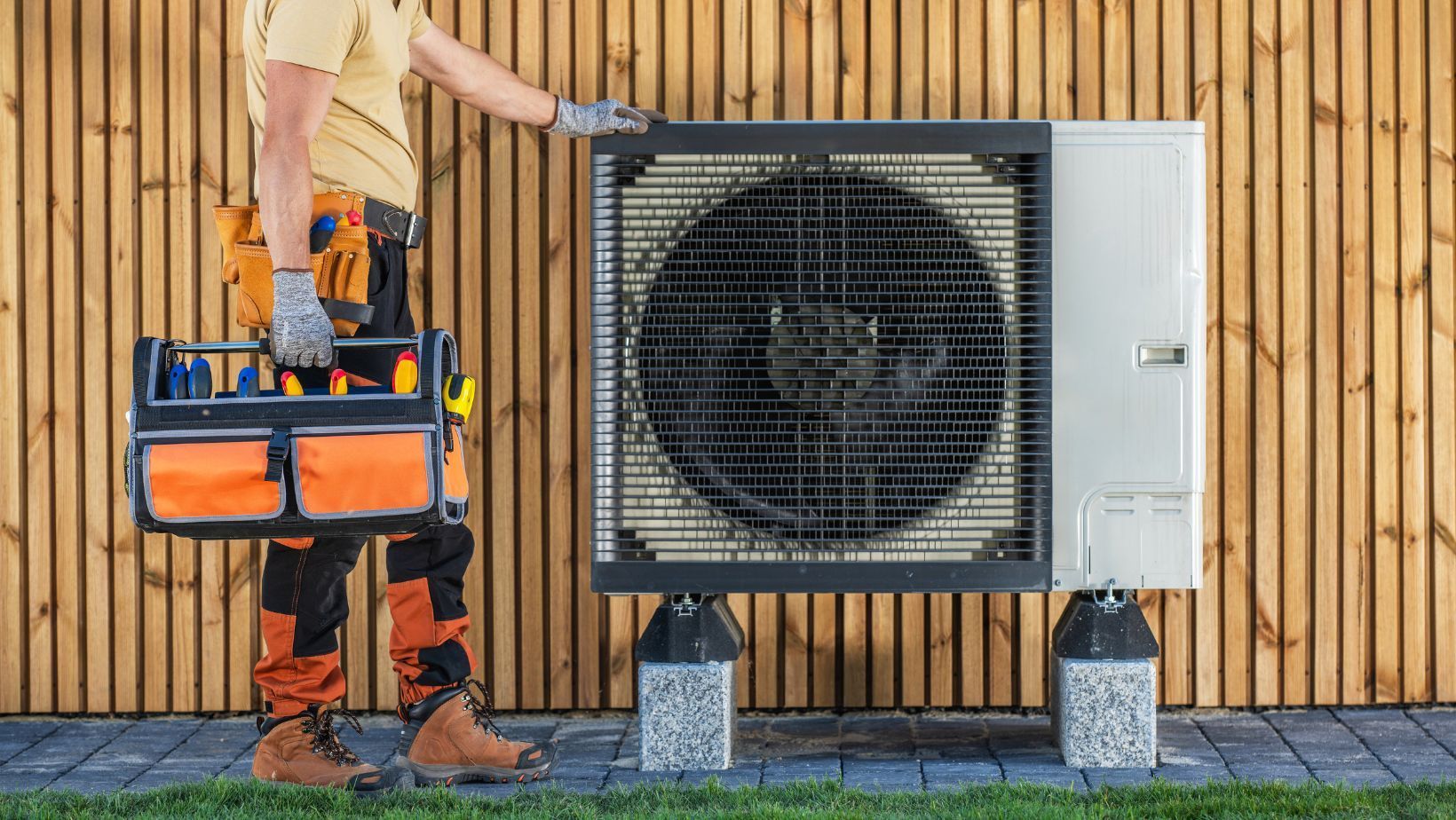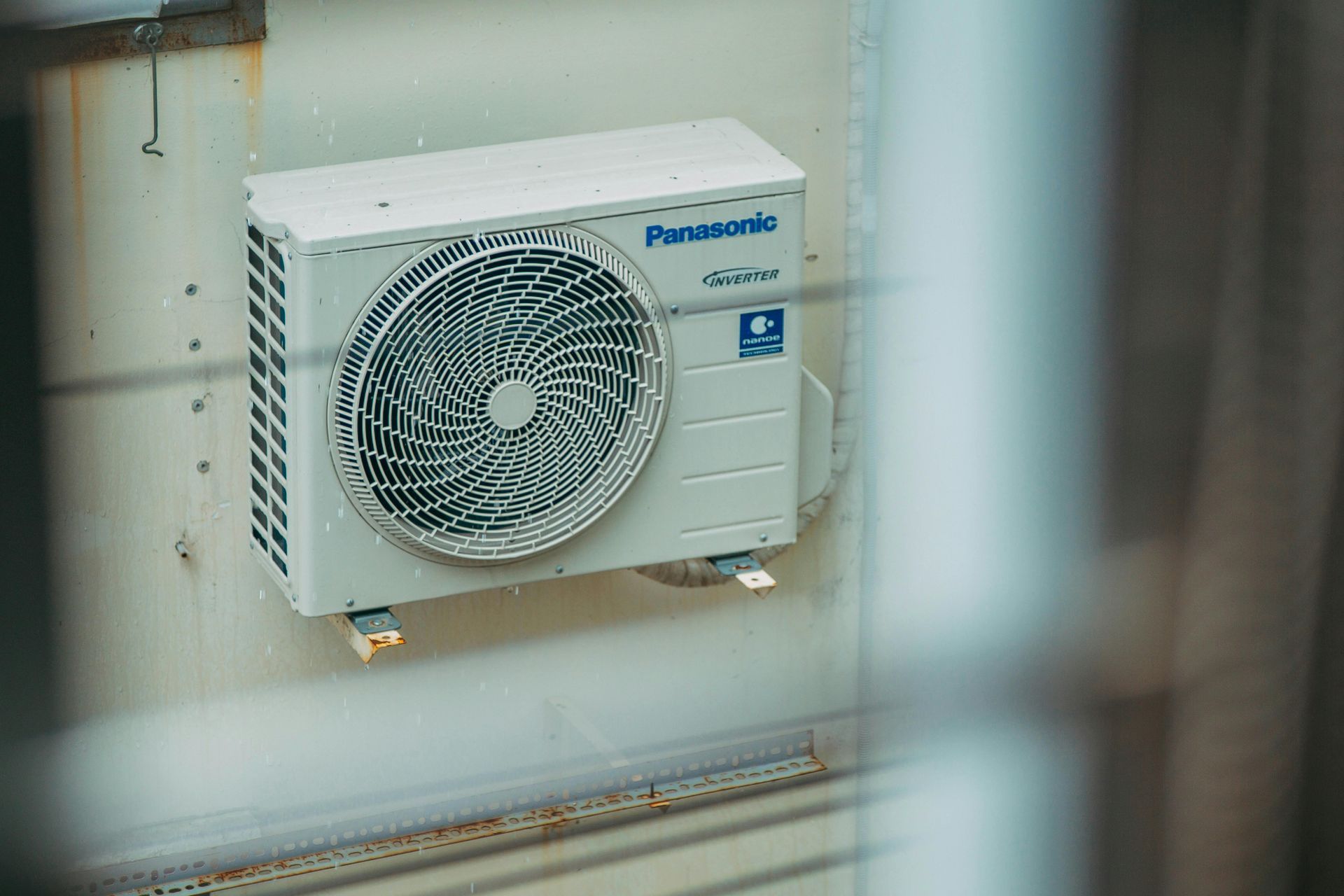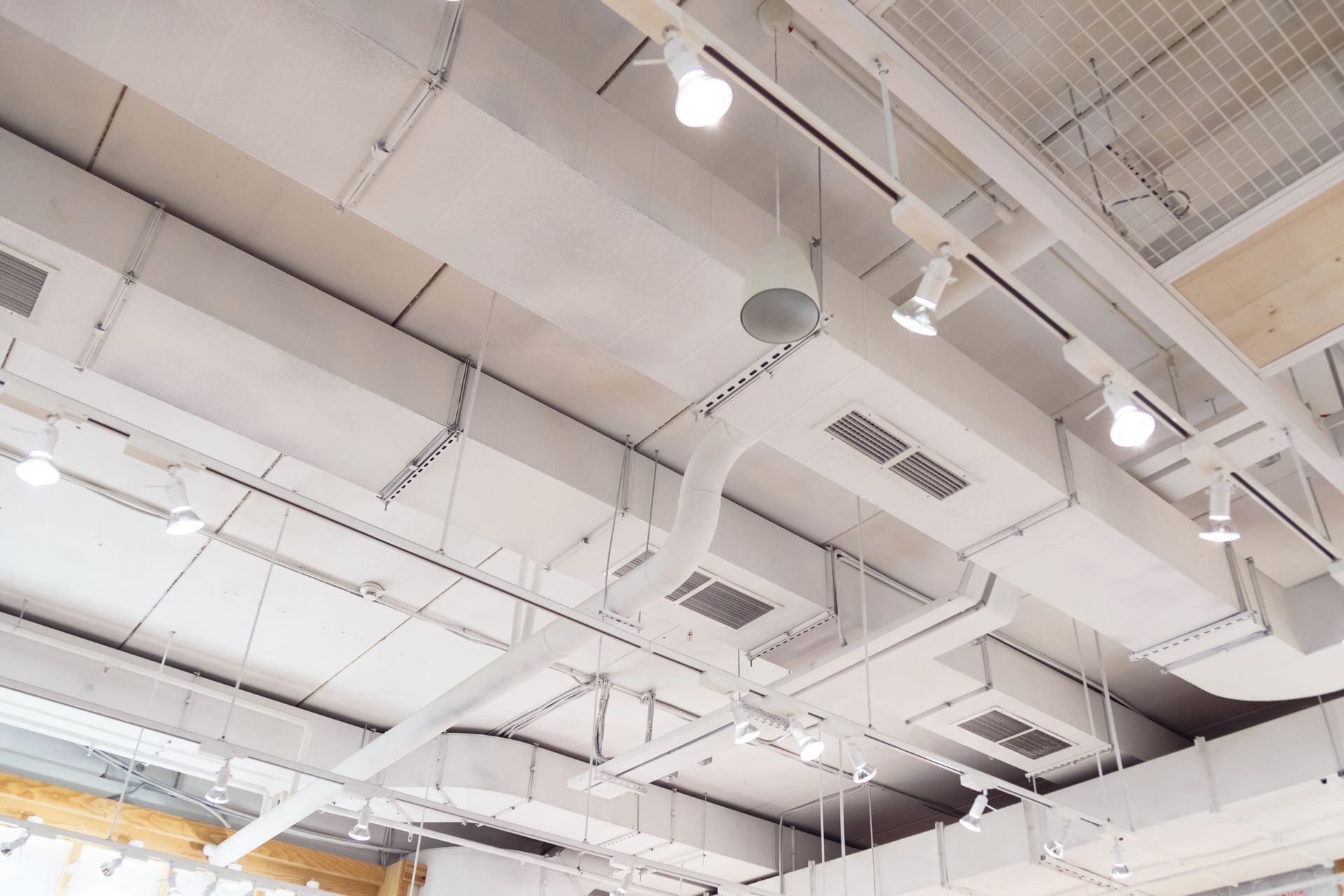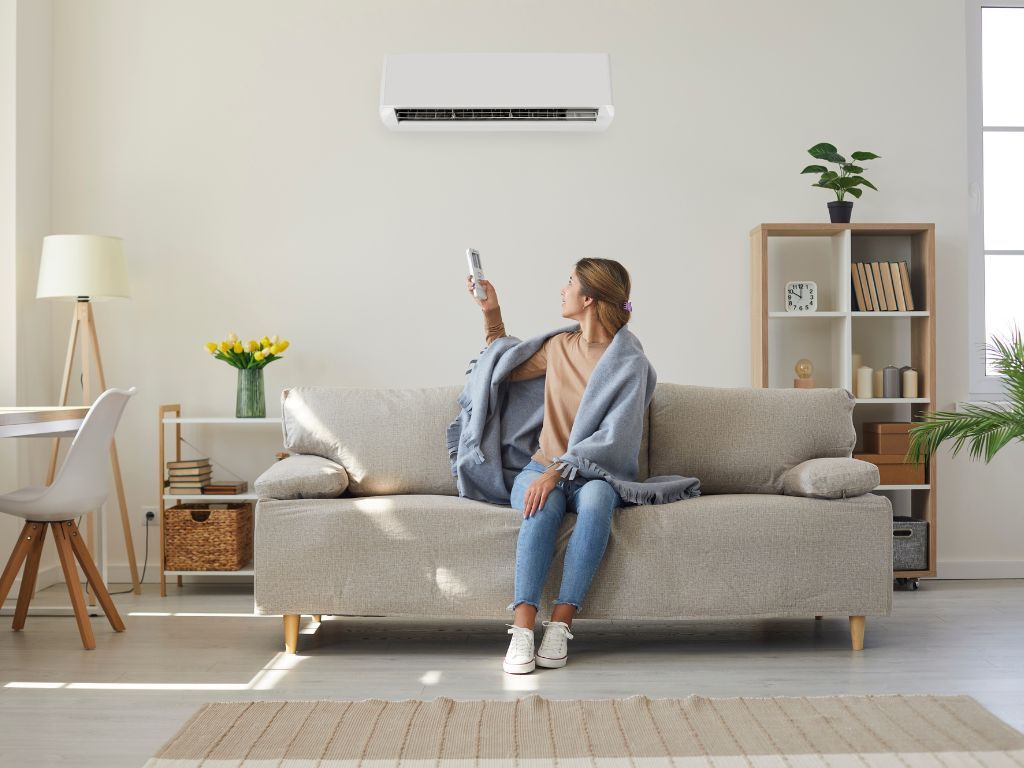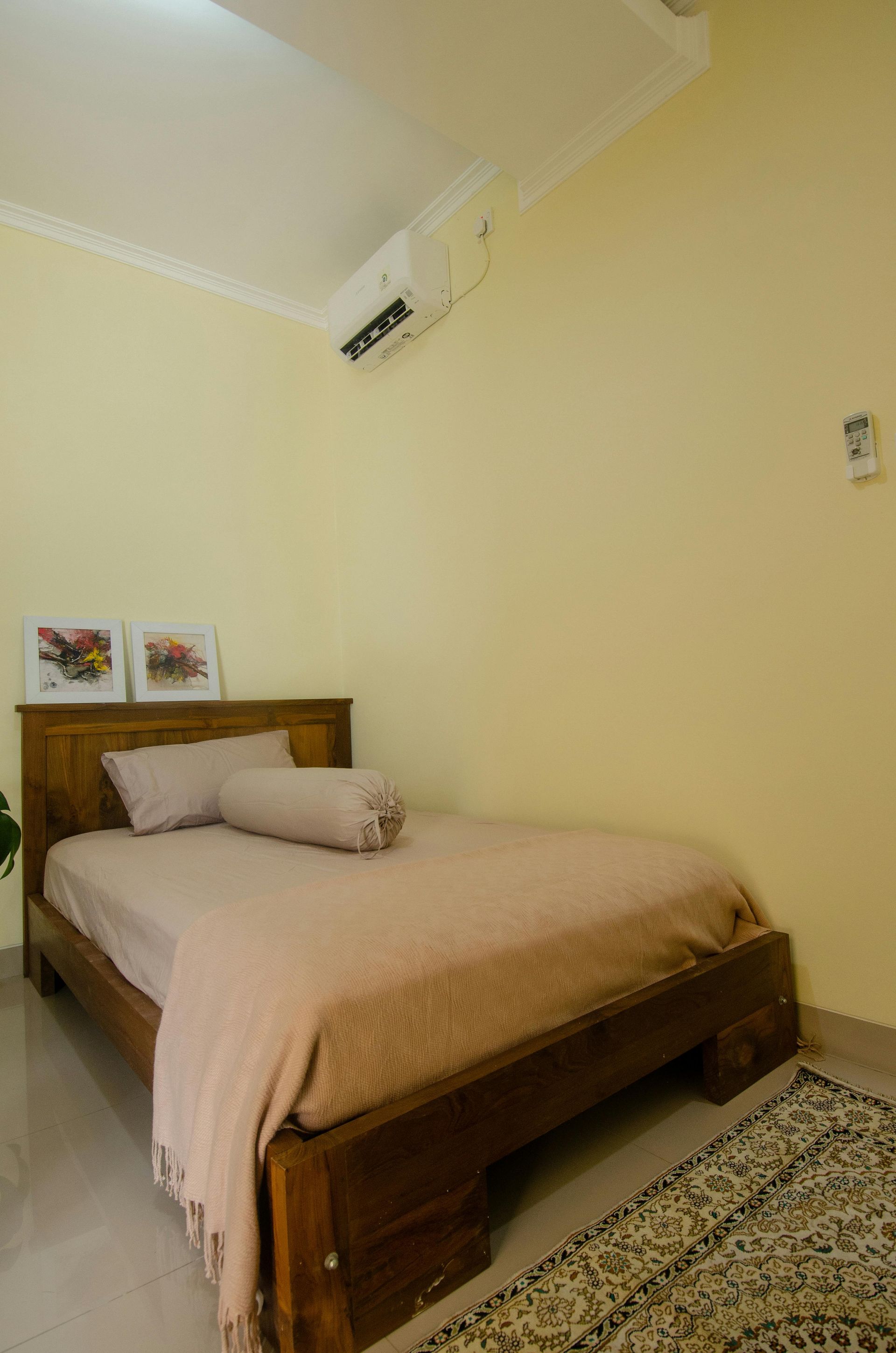How much does Furnace Cost: A Comprehensive Guide to Heating Your Home Efficiently
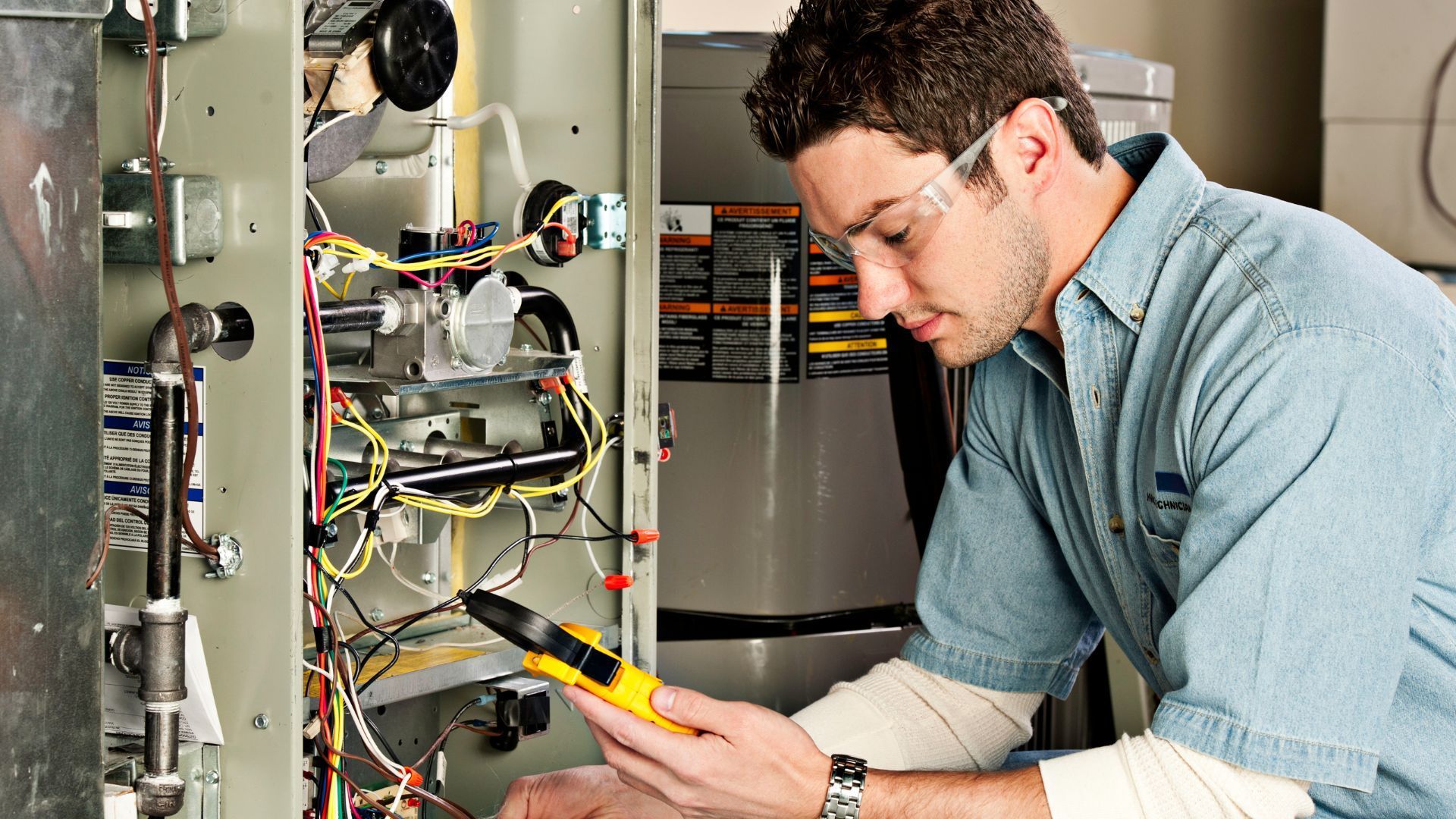
Are you considering upgrading or installing a furnace in your home? Wondering how much it will cost? The answer isn't as simple as giving a specific number, as various factors come into play when determining furnace costs.
In this detailed guide, we'll explore the factors that influence furnace prices, offer tips for finding the perfect furnace for your needs, and delve into the installation and maintenance processes.
Whether you're a homeowner or a first-time buyer, understanding the costs and options available will empower you to make an informed decision for your home's heating needs.
How Much does Furnace Cost?
Before we dive into the specifics, let's address the question that brought you here: How much does a furnace cost? On average, a new furnace installation can range from $2,500 to $6,000. However, this cost can vary significantly based on multiple factors, such as:
Furnace Type and Efficiency
The type of furnace you choose plays a vital role in its cost. There are different types available, including gas, electric, oil, and propane furnaces. Additionally, the furnace's energy efficiency, measured by its Annual Fuel Utilization Efficiency (AFUE) rating, will influence its price. High-efficiency furnaces may have a higher upfront cost, but they can lead to significant energy savings over time.
Size and Heating Capacity
The size and heating capacity required for your home are also key cost determinants. A furnace that is too small will struggle to heat your home efficiently, while an oversized furnace will consume excess energy and lead to higher utility bills.
Brand and Features
The brand and additional features of the furnace can impact its cost. Well-known and reputable brands tend to come with a higher price tag. Features such as variable-speed blowers, smart thermostats, and noise reduction technology can also increase the overall cost.
Ductwork and Installation Complexity
The condition of your existing ductwork and the complexity of the installation can influence the total cost. Upgrading or repairing ductwork can add to the initial expenses, but it ensures optimal performance and efficiency of your new furnace.
Regional Factors
The location of your home can affect furnace costs due to varying labor and material prices in different regions.
Factors Affecting Furnace Prices in Detail
Now that we have an overview of the factors influencing furnace costs, let's delve deeper into each aspect:
Furnace Types and Efficiency
- Gas Furnaces: Gas furnaces are a popular choice for their efficiency and lower operating costs. They run on natural gas and typically have an AFUE rating between 89% and 98%. The cost of a gas furnace can range from $2,500 to $4,500, depending on the efficiency level and brand.
Electric Furnaces: Electric furnaces are more expensive to operate than gas furnaces but have a lower upfront cost. They are best suited for regions with mild winters and come with an AFUE rating of 100%. Electric furnaces generally cost between $1,500 to $2,500.
Oil Furnaces: Oil furnaces are less common but can be a suitable option in areas without access to natural gas. They have an AFUE rating of around 80% to 90%. However, oil furnaces can be expensive to maintain and require regular fuel deliveries. Prices for oil furnaces range from $2,500 to $5,500.
Propane Furnaces: Propane furnaces are an alternative to natural gas and are often used in rural areas. They have an AFUE rating of approximately 90%. The cost of a propane furnace can be between $3,000 to $6,000.
When choosing the furnace type, consider the availability of fuel sources in your area, as well as long-term operational costs.
Size and Heating Capacity
Selecting the right-sized furnace is crucial for efficient heating. An HVAC professional will perform a heat load calculation to determine the heating capacity your home requires.
The size of the furnace is measured in British Thermal Units (BTUs). The cost of a furnace will increase as its heating capacity rises. A furnace with a higher BTU rating will cost more than one with a lower rating.
Brand and Features
Investing in a reputable brand ensures reliability and longevity for your furnace. Well-known brands may have higher upfront costs, but they often come with better warranties and customer support.
As for features, consider the ones that suit your needs and preferences. Variable-speed blowers adjust the fan speed to achieve consistent temperature levels, which can result in energy savings. Smart thermostats allow you to control your furnace remotely and create personalized heating schedules, improving efficiency. Noise reduction technology ensures quiet operation, which can be essential if your furnace is located near living spaces.
Ductwork and Installation Complexity
If your home already has a well-maintained ductwork system compatible with the new furnace, installation costs may be lower. However, if the ductwork requires repairs or modifications, additional expenses will be incurred.
The complexity of the installation can also influence costs. Factors such as accessibility to the installation site, permits, and labor fees can vary based on the specifics of your home.
Regional Factors
Labor and material costs can vary significantly depending on your location. Urban areas tend to have higher labor rates and material prices than rural regions. Consider obtaining quotes from multiple HVAC contractors to ensure you're getting the best deal for your area.
Tips for Finding the Perfect Furnace
Now that we understand the factors affecting furnace costs, let's explore some valuable tips to help you find the perfect furnace for your home:
Conduct a Home Energy Audit
Before purchasing a furnace, consider conducting a home energy audit to assess your home's heating needs accurately. This audit will reveal areas of energy inefficiency, helping you make informed decisions about your furnace's size and efficiency rating.
Look for Energy Star Certification
When browsing for furnaces, prioritize models with the Energy Star certification. Energy Star-rated furnaces meet strict energy efficiency guidelines set by the Environmental Protection Agency (EPA). Investing in an Energy Star-certified furnace can lead to substantial energy savings over time.
Seek Professional Advice
Consulting with a professional HVAC contractor is crucial in selecting the right furnace for your home. They can perform a heat load calculation, evaluate your existing ductwork, and recommend the most suitable furnace based on your budget and preferences.
Read Customer Reviews
Before making a final decision, read customer reviews of the furnace models you're considering. Feedback from other homeowners can provide valuable insights into the reliability and performance of specific furnace brands and models.
Compare Multiple Quotes
Obtain quotes from different HVAC contractors to compare prices, services offered, and warranties. Remember that the cheapest option may not always be the best value, so consider the overall package and reputation of the contractor.
FAQs
- Can I Install a Furnace Myself to Save Money?
While some homeowners may be tempted to attempt a DIY furnace installation, it's not recommended. Furnace installation requires expertise and knowledge to ensure proper setup, safety, and compliance with local regulations. Improper installation can lead to serious safety hazards and may void the manufacturer's warranty.
How Often Should I Schedule Furnace Maintenance?
Regular furnace maintenance is essential to keep your heating system running efficiently and prolong its lifespan. It's advisable to schedule annual maintenance visits with a qualified HVAC technician, preferably before the winter season begins.
What Is the Average Lifespan of a Furnace?
The average lifespan of a furnace is around 15 to 20 years. Proper maintenance and regular filter changes can extend its lifespan, while neglecting maintenance may shorten it.
Do Furnace Brands Matter?
Yes, furnace brands do matter. Established brands often provide better reliability, warranty support, and customer service. Investing in a reputable brand can lead to a more satisfying ownership experience.
Are There Financing Options Available for Furnace Purchases?
Many HVAC companies offer financing options to help homeowners afford a new furnace. Financing can be a practical solution for spreading out the cost over time.
How Can I Improve the Energy Efficiency of My Furnace?
To enhance the energy efficiency of your furnace, consider regular maintenance, replacing filters, sealing ductwork, and upgrading to a programmable thermostat. These measures can help reduce energy consumption and lower utility bills.
Conclusion
Investing in a new furnace is a significant decision that can impact your home's comfort and energy bills for years to come. Understanding the factors that influence furnace costs and efficiency will empower you to make a well-informed choice tailored to your home's heating needs.
Remember to consider the furnace type, size, brand, and features while seeking professional advice and comparing quotes. By following these guidelines and tips, you'll find the perfect furnace that ensures your home remains warm and comfortable throughout the winter months.
